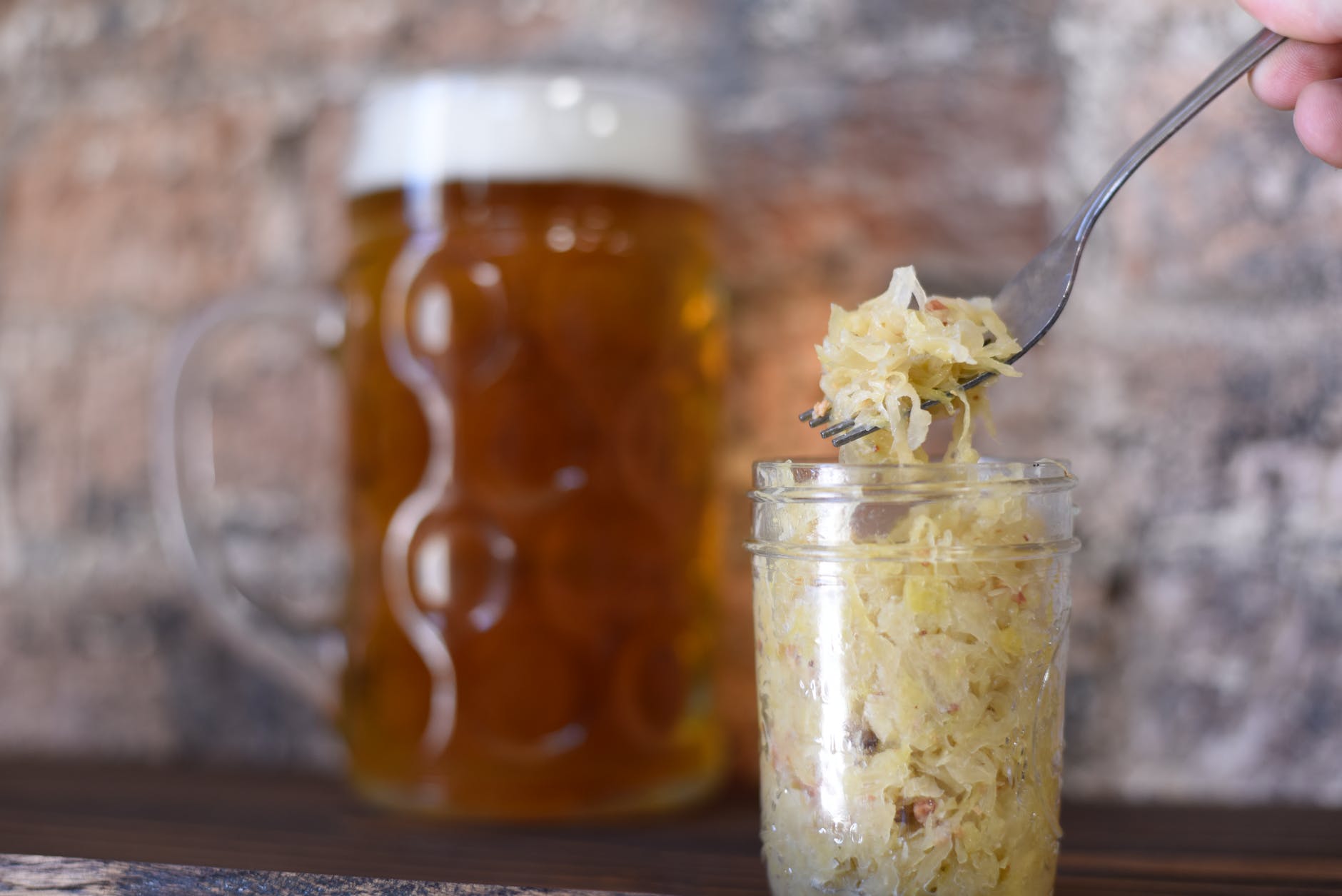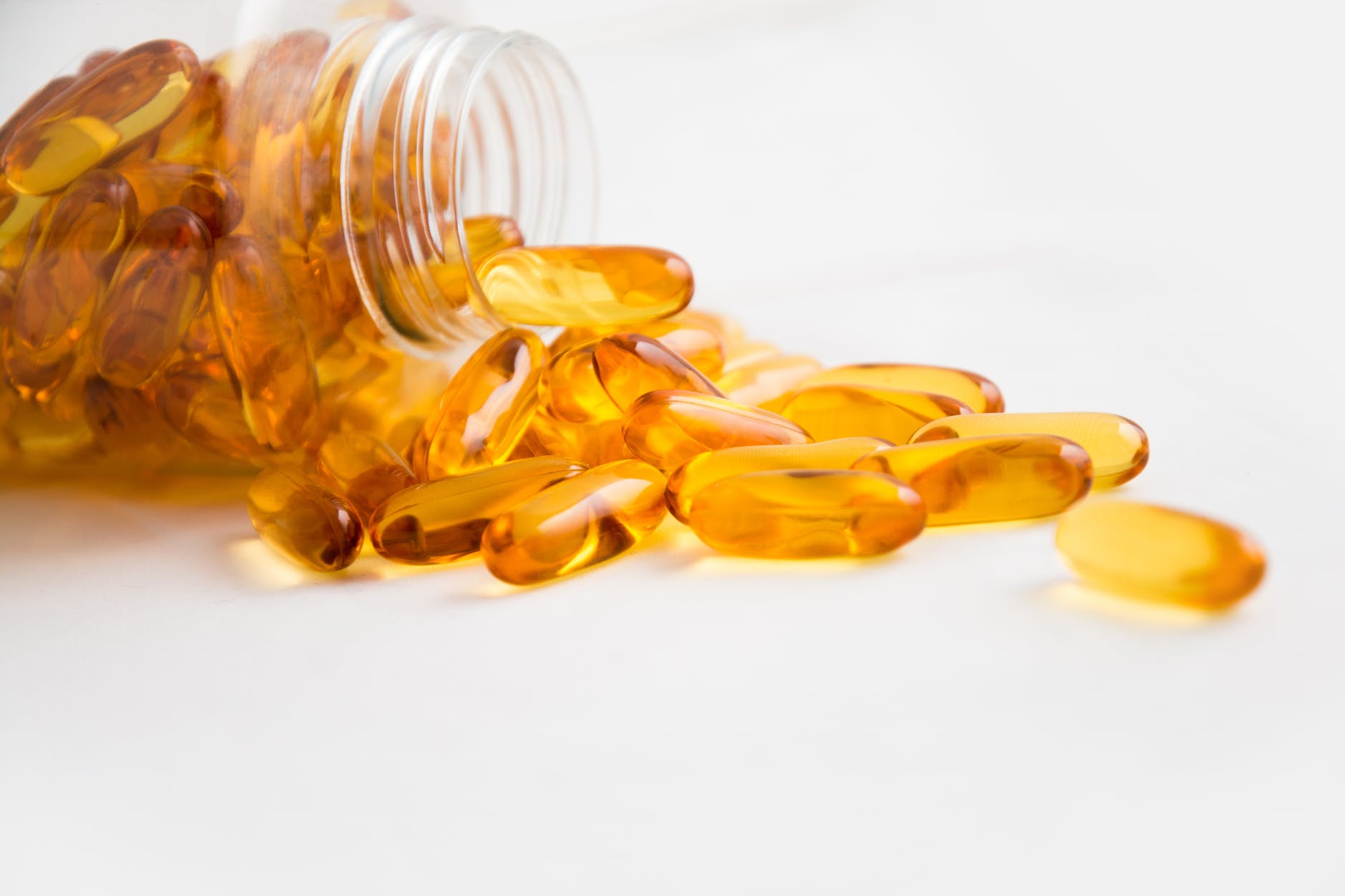July 3rd, 2021
Supplements For ADHD
Which Supplements Are Recommended For ADHD And How They Might Help Your Child
Parents often ask me whether or not they should supplement with ADHD. And, if so, which supplements are recommended for ADHD.
Of course, like the rest of your child’s health plan, supplements should be recommended on an individual basis. Therefore, advice should be based on what they’re struggling with, their current diet, and what you can handle, both financially and in terms of remembering to buy and take them.
In this blog, I’ll take a closer look at the 4 types of supplements that are most often suggested for people with ADHD.
4 Main Types of Supplements for ADHD:
- Omega-3’s
- Probiotics
- Multivitamin Formulas (Particularly B-Complexes)
- Zinc
1. Omega-3’s:

Why We Need Them:
These get a lot of attention in the media, and with good reason! Omega-3 essential fatty acids are crucial to cognitive development and function. Many of us in North America are deficient, due to a lack of Omega-3-rich food in our diets.
Omega-3s are of particular concern for those with ADHD because people with ADHD have, on average, levels of Omega-3s that are 38% lower than their peers. Studies have shown that supplementing with Omega-3s can improve hyperactivity, inattention, memory, and sleep quality.
Where To Find Them?
Omega-3s are particularly abundant in seafood and sea vegetables. Unfortunately, in North America, that’s not a staple in most of our diets. Plant-based sources of Omega-3s include chia, hemp seeds, walnuts, seaweed, flaxseeds, and edamame. However, the easiest way to get enough Omega3s is to eat good-quality fatty fish such as sardines, salmon, or mackerel twice per week.
Who Should Supplement:
Anyone who does not eat fatty fish regularly or who doesn’t consume vegan forms of Omega-3s on a daily basis is likely not getting enough. There are now vegan omega-3 formulas for those who don’t eat animal products (they are usually made from algae or other sea vegetables).
What To Look Out For:
When buying an Omega-3 supplement that is derived from fish, be sure to check the label to ensure it has been tested for Mercury. ADHD is linked to impaired detoxification systems, so we want to ensure you are not adding potential toxins to the body. My two favorite brands are NutraSea and Carlson.
2. Probiotics

Why We Need Them:
We all have an ecosystem living in our digestive system. It is full of bacteria, yeasts, and other microorganisms. That eco-system can easily get out of balance with a standard American diet. Sugar and refined grains feed harmful microorganisms and can lead to too many bad bacteria/yeasts, and not enough good ones. When these little creatures gain a foothold, they can cause digestive distress and trouble absorbing nutrients. There has always been an association between poor mental health affecting digestion, but now, research shows us that the impact goes the other way too. That is, poor digestion can impact our mental health. That is why optimizing digestion is crucial when dealing with any mental health condition. In fact, one of the first things I always address with private clients is any digestive distress. We need to support digestion if mental health is to be optimized.
Where To Find Them:
For the most part, probiotics are found in fermented foods with a “sour” flavor such as yogurt, kefir, sauerkraut, kimchi, tempeh, and kombucha. Again, these are not foods that make it to the table regularly in most North American homes. Yogurt is common in our culture, but it is often heavily sweetened. That added sugar feeds bad microorganisms and cancels out any benefits provided by the probiotics found in yogurt.
Who Should Supplement:
Anyone who is not eating a good deal of probiotic-rich foods (1-2 per day) is potentially lacking in good bacteria in the gut.
What to Look out for:
Probiotics have become a trendy supplement these days. This is probably due to new research linking gut health to so many conditions. Unfortunately, many probiotics available at the grocery store, drug stores, or big box stores, are not the best quality. They may not contain adequate amounts of active bacteria to really support the gut. It’s always better to visit a health store and ask staff for a good quality probiotic with at least 10 billion CFUs (colony-forming units). Good quality probiotics will also contain multiple strains, or types, of bacteria. Yes, they are more expensive, but a poor-quality probiotic is literally like flushing your money down the toilet if you catch my drift. My go-to brand for probiotics is Genestra HMF Forte Powder. It has been around for a long time and is amazing.
3. Multivitamin, Especially B-Complex Formulas

Why We Need Them:
Of course, we all know what vitamins are good for. Without them, our bodies can’t function properly. The reason B vitamins are stressed in ADHD is that B vitamins are extremely important in nervous system health. In fact, B vitamins are essential in all mental health conditions. Our brains simply cannot function without them.
Where To Find Them:
B vitamins are found in many food sources. In fact, the technical name for Vitamin B5 is pantothenic acid – “panto” being Greek for “all” because it’s found in so many foods. Many grains, fruits, and vegetables contain good amounts of B vitamins. However, many refined foods do not contain significant B Vitamins. Or, they have been fortified with forms of B vitamins that are not easily absorbed.
Who Should Take Them:
Consider supplementing with a multivitamin if a significant amount of your child’s diet comes from refined foods. A multivitamin is a good “safety net” that can help boost their nutrient levels.
What to look out for:
Some forms of B vitamins are much easier to absorb – they are called “methylated” B vitamins. Look for B complexes that say “methylated” or “methyl support” on the label to make sure you are buying the most bioavailable types. Any employee at a health food store should be able to help you find one. This one is a great chewable option for kids. It is often difficult to find this option in Canada, so a good multi you can get if you’re in Canada (like me) is this one.
4. Zinc

Why We Need It:
Zinc is a crucial factor in our detoxification systems. Formulas with Zinc are often recommended for ADHD because Zinc levels have been shown to be lower in ADHD and we know that ADHD kids tend to be more sensitive to chemicals, such as food coloring. Therefore, keeping their detoxification systems working well is a key part of supporting ADHD brains.
Where To Find It:
The highest dietary source of Zinc is, by far, oysters. Just a couple of oysters contain the recommended daily intake. Since most of us don’t eat oysters every day, other great sources of Zinc are meat, seafood, legumes, hemp seeds, cashews, and cheese.
Who Should Take It:
If your child eats a balanced, omnivorous diet, they likely consume enough Zinc. However, vegetarians and, in particular, vegans, have an increased risk of Zinc deficiency, since most foods high in Zinc are animal-derived. If you are unsure, you may want to use a nutrient-tracking app like one of these to see if their diet has enough Zinc.
What To Look Out For:
Certain forms of Zinc, such as Zinc Gluconate, are better absorbed, and several companies make children’s formulas such as this one. However, a high-quality multivitamin for children will typically provide enough zinc, unless they have been diagnosed with a zinc deficiency. If you are having trouble finding a suitable supplement, the staff at a local health food store should be able to guide you in the right direction.
Still Unsure If Supplements Are Right For Your Child?
There are a lot of supplements that are thought to help support kids with ADHD. I’ve covered the 4 most common ones, but there are many more that may help. I have a handy printable Guide To ADHD Supplements which you can download by signing up for my newsletter here. It’s always best to talk with a nutrition professional in order to determine whether or not supplements (or any dietary change) is the best option for your child.
I provide 1-1 nutrition consulting for parents of kids with ADHD. Together, we work towards implementing a more nutrient-dense, balanced diet that can help support focus, mood, and energy. If you would like to learn more about 1-1 nutrition consulting for ADHD, click here to book a discovery call with me. I can’t wait to help you unlock your child’s potential!


I signed up to the newsletter but still can’t find the printable ‘Guide To ADHD Supplements’
Help please
So sorry about that – I will send you a message directly – sometimes the automations go to junk mail. If you add hello@shawnahughesnutrition.com to your contact list, you will get it for sure.